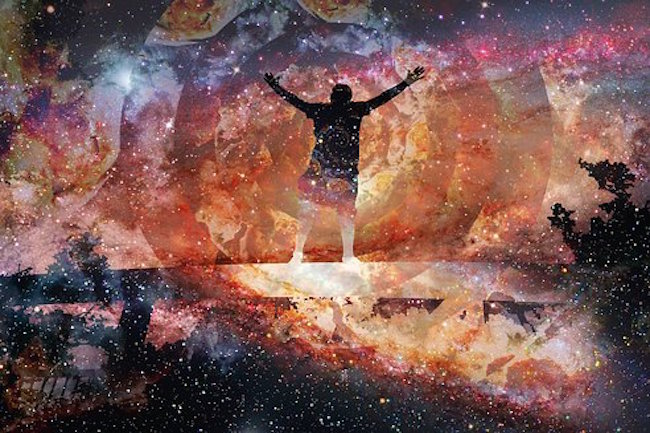Kanye West: From ‘I Am a God’ to ‘Jesus Is King’ by Eugene Park for The Gospel Coalition
Kanye West’s artistic journey has been a wild ride. He’s arguably one of the most significant pop artists of the last 20 years—and certainly one of the most unpredictable.
It’s hard to know which Kanye will show up at any given moment. In the past year, though, we’ve seen the most surprising turn yet: Kanye says he’s become a born-again Christian. His concerts are now gospel-infused “Sunday Services,” and his just-released album is titled Jesus Is King.
What do we make of Kanye’s journey? Is this latest turn a marketing scheme? Or is Kanye an exhausted soul authentically desperate to find a savior beyond himself?
From College Dropout to Yeezus
Kanye burst onto the scene in 2004 with his universally acclaimed debut album, College Dropout. Yet Kanye’s rise to stardom was soon intertwined with controversy and criticism, whether because of strange public outbursts or wildly offensive lyrics. Recently, for example, he sparked appropriate uproar by saying the slavery of African Americans for 400 years “sounds like a choice.”
As Mike Cosper has observed, Kanye’s life exemplifies what Charles Taylor describes as the “cross pressures” of living in a secular age, where we are “buffered” from transcendence and yet perpetually haunted by it.
Kanye’s life has been marked by some of the hardest-to-penetrate “buffers” our secular age has to offer: fame, wealth, significance. All his studio albums have gone platinum. He’s created a high-end fashion line. He’s married to American entertainment royalty, Kim Kardashian. And Kanye hasn’t shied away from boasting in his worldly success. His 2013 album Yeezus even has a track called “I Am a God.”
In spite of his self-proclaimed “god” status, however, Kanye has struggled to find peace. His Yeezus follow up, The Life of Pablo (2016), opens with “Ultralight Beam,” where he states: But I’m looking for more / Somewhere to feel safe, and end my holy war.
Looking for More
However entrenched we are within our “buffers” of hubris, fame, and fortune, the pangs of “looking for more” always haunt us. As African American author and critic Ta-Nehisi Coates writes of Kanye, “There’s nothing original in this tale and there’s ample evidence, beyond Kanye, that humans were not built to withstand the weight of celebrity.”
Kanye’s erratic life and career speaks of this inability to withstand the weight—not only of celebrity, but of self-reliance and self-justification in any form. Whatever else we might say of Kanye’s music and public persona, we can at least see an honesty and vulnerability at play: he knows he’s not OK, and he doesn’t hide that behind a PR facade.




